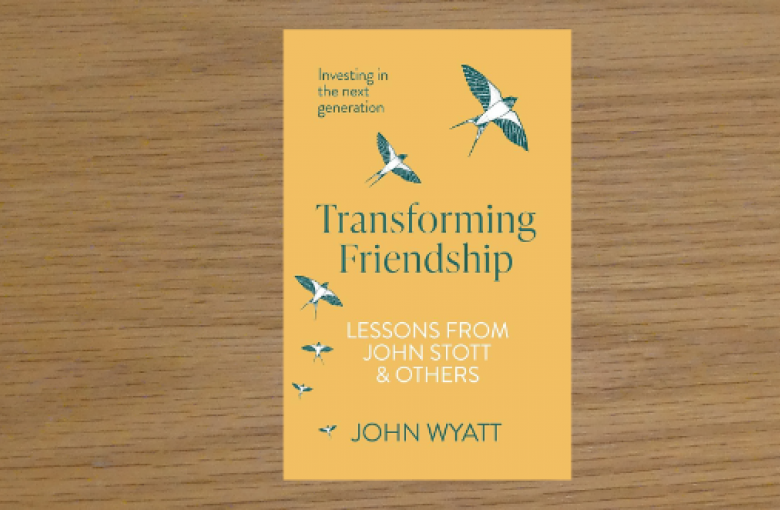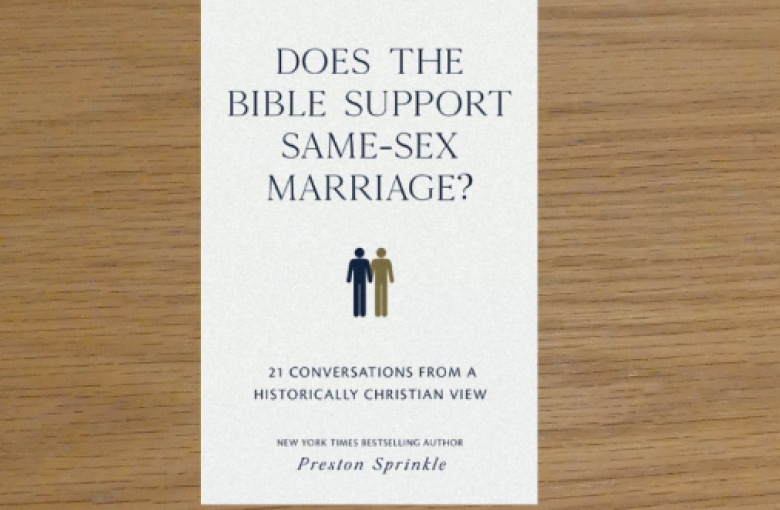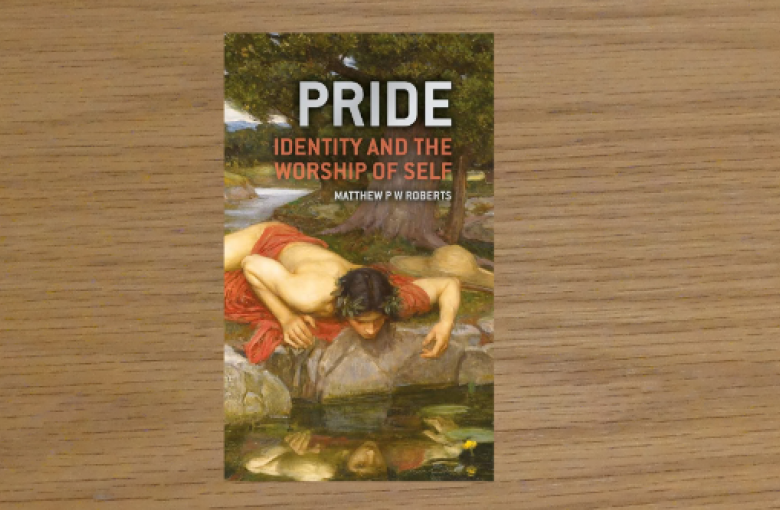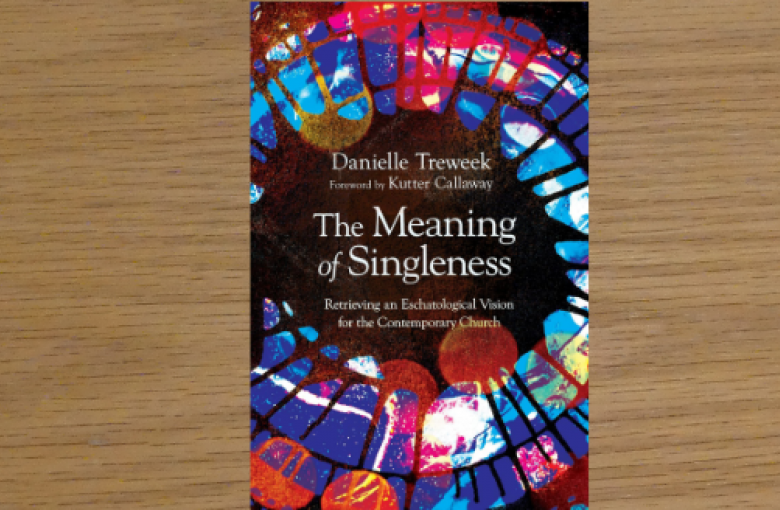As someone who neglects reading books, I am so glad that I have read this one. I believe it will be a game-changer in my friendships.
John Wyatt starts with a brief history of friendship and shows us what has happened to it in our generation. We look at the examples of friendship in the Bible and how friendship is lauded in the Book of Proverbs. Clearly, it is an issue that is important to God; amazingly, he invites us to be friends with Him!






